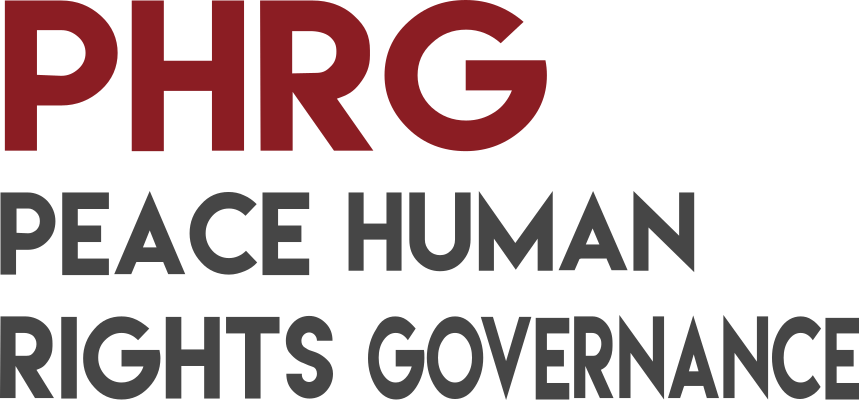Abstract
This paper focuses its research attention on global algorithmic accountability and on governance for algorithms that is embedded in a human rights and International Human Rights Law (IHRL) framework. It looks at how algorithmic accountability can be affected across the ‘life-cycle’ of an algorithm by ensuring an adherence to core tenets of IHRL, norms and obligations. It looks at how core areas of Human Rights are affected by algorithms and argues that the profound intersection of public and private power, which contributes to the rise of algorithms in public services and business processes, requires a web of interactive legal frameworks that embrace administrative law, anti-discrimination law, data protection law, IHRL and the Ruggie Principles as well as core tenets of corporate law and corporate risk accountability in order to ensure a deep global accountability regime. Only such an interlocked and complimentary web of ‘laws’ enhanced for the digital age, with IHRL as its anchor, can ensure that algorithms serve humans and not the other way around. Additionally, the paper argues for a new permanent structure to be created within the United Nations Human Rights Council – an Algorithmic Accountability High Level Expert Network (AAHLEN) – that brings together technology skills and developers, human rights lawyers, and public sector senior civil servants to ensure ongoing engagement with the evolution of algorithmic systems and AI and compliance with IHRL. Such an AAHLEN must become a new permanent feature of the United Nations Human Rights Council and must ensure this cross-section of skills builds a long-term Global Algorithmic Accountability system based on IHRL. This paper proposes that a collective meeting be convened of the various UN Special Rapporteurs, that have thus far dealt with the impact of algorithms on their mandate areas, and key algorithm developers and transnational civil society to explore the formation of an AAHLEN within the UN HRC. There is a clear need to ensure that human rights epistemic communities focus on the digital age’s permanent impact on respecting and protecting Human Rights in an era of algorithms and AI.
Keywords
Download
Gottardo R. (2021) "Building Global Algorithmic Accountability Regimes: A Future-focused Human Rights Agenda Beyond Measurement
", Peace Human Rights Governance, 5(1), 65-96. DOI: 10.14658/PUPJ-PHRG-2021-1-3
Year of Publication
2021
Journal
Peace Human Rights Governance
Volume
5
Issue Number
1
Start Page
65
Last Page
96
Date Published
03/2021
ISSN Number
2532-3474
Serial Article Number
3
DOI
10.14658/PUPJ-PHRG-2021-1-3
Section
Articles

 © 2026 Padova University Press - Università degli Studi di Padova
© 2026 Padova University Press - Università degli Studi di Padova